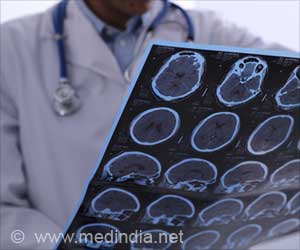Hormone replacement therapy may prevent postmenopausal cardiovascular disease and cognitive decline when taken within six years of menopause.

Effects of Hormone Replacement Therapy on Heart Disease and Cognitive Decline
Data supports the concept that estrogen, a hormone that the ovaries stop producing after menopause, protects both the heart and brain from damage. Now, researchers have launched a clinical trial to study the effect of a novel hormone replacement therapy on postmenopausal cardiovascular disease and cognitive decline.‘Estrogen-containing hormone therapy can prevent or slow atherosclerosis progression and cognitive impairment in women after menopause.’





Previous data and conducted clinical trials show that the timing of when a woman starts hormone therapy is crucial. There appears to be a limited window of time wherein women benefit from hormone replacement therapy. Beyond six years of menopause, prevention appears to be too late.The hormone therapy being studied has been approved by the Food and Drug Administration since 2013 and consists of estrogen paired with a non-hormone drug known as bazedoxifene.
Improving Standard Hormone Replacement Therapies
Traditional hormone replacement therapy combines estrogen with progesterone, or more commonly with progestin, a synthetic progesterone. Estrogen alone can cause the lining of the uterus to thicken, causing bleeding and other health issues, which progesterone or progestin prevents.However, progestin/progesterone combined with estrogen has been associated with cancer risks. Bazedoxifene prevents the uterine lining from thickening while appearing not to present the same risks.
A new clinical trial is open to healthy women six years or less post-menopause, who have a uterus, are 45-59 years of age, and do not have cardiovascular disease. Upon enrollment, trial participants received an ultrasound of their neck artery that is used as a non-invasive baseline measure of atherosclerosis.
They underwent several tests to gauge their baseline cognitive function and memory. Every six months, participants have an ultrasound of the neck artery to monitor any progression of atherosclerosis. They also have electrocardiograms to check for different heart conditions, which are done yearly.
Advertisement
When the clinical trial is completed, researchers will compare results between the therapy and placebo recipients, and participants will be informed which option they received. The goal is to help women and their physicians make informed decisions to promote good health post-menopause.
Source-Eurekalert















